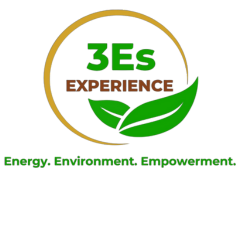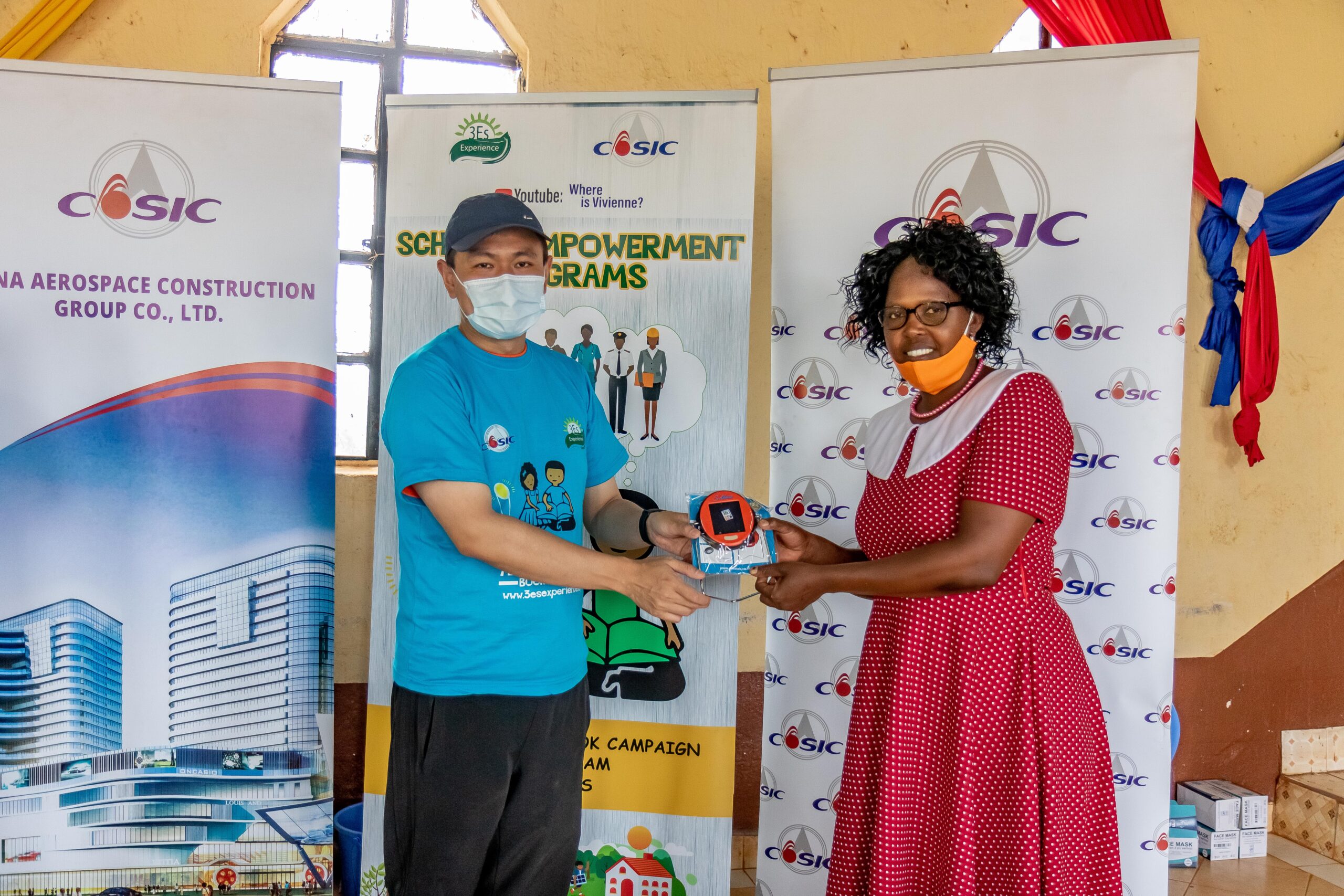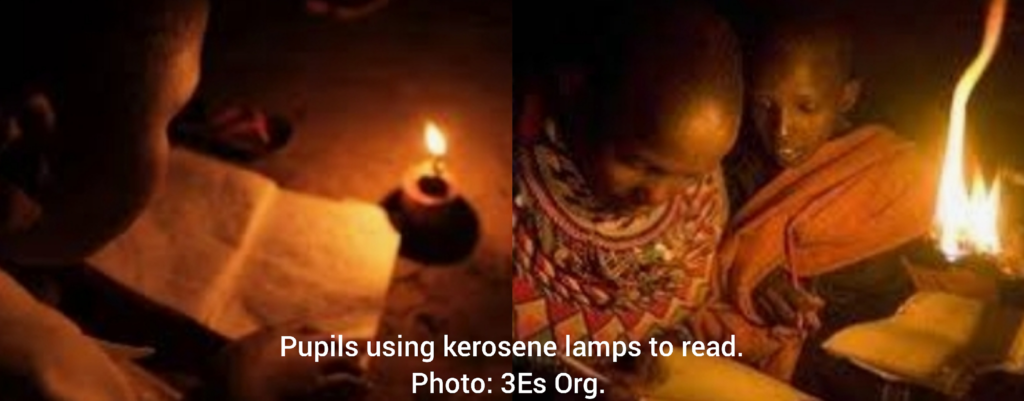
The lack of electricity has been a challenge for education in poor rural areas. Students are limited to reading during the day as they depend on sunlight while after sunset, reading stops. For the few privileged families, they used Kerosene lamps whose lighting is dull and flickers. This causes eye strain when reading. To see well, one has to be very close to the light which increases exposure to the noxious fumes that`s dangerous to one’s health. Smoke exposes children to respiratory infections, eye damage and other health conditions. Majority of poor families struggle to use light from firewood to study. Also, a family will not spare burning firewood for long after meals have been prepared. Children have fallen victims of household fires that have led to deaths.
These students are not able to compete academically with students from urban areas who have regular electricity. They do not get to perform well and this affects their future. Therefore, their future is threatened. Families also have little time together after sunset.
Despite wood fuel being the cheapest source of energy available, it is also accompanied by certain downfalls. Households on average use 63 kg of firewood per week. Over the years, tree cover has reduced and firewood availability has reduced. The distance of collecting firewood has gone further and further away from the homestead. Therefore, the time spent to collect firewood is not less than 3 hrs on a daily basis. The girls spend time collecting firewood that might otherwise be spent at school, doing their homework, revision and simply at rest. This affects their performance in school as they do not have much time during their spare time to do revision. The girls’ probability of attending school decreases with an increase in hours spent on collecting firewood. They also go to school while they are burdened by this work. Consequently, girls find it difficult to progress well in school.
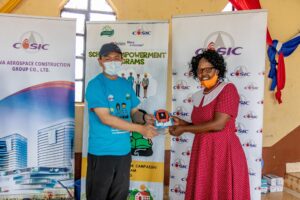
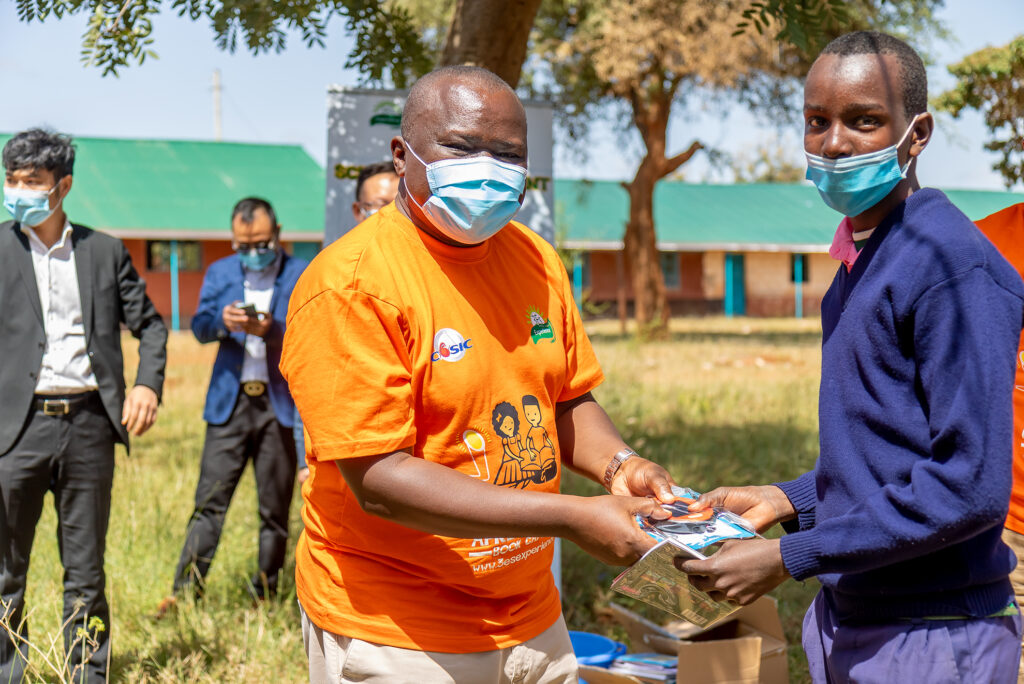
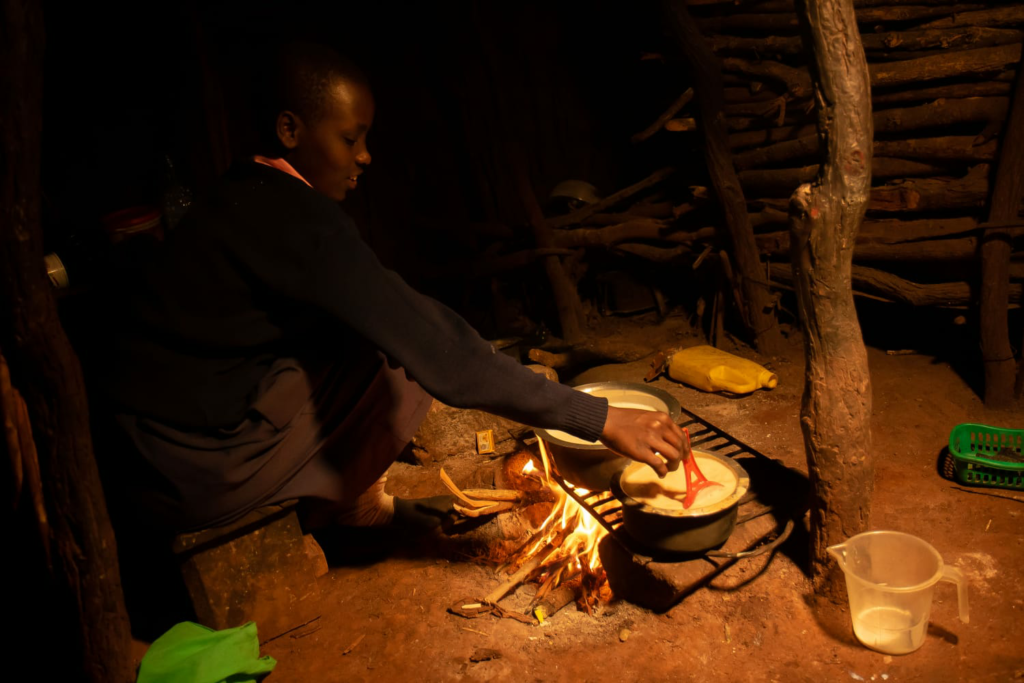
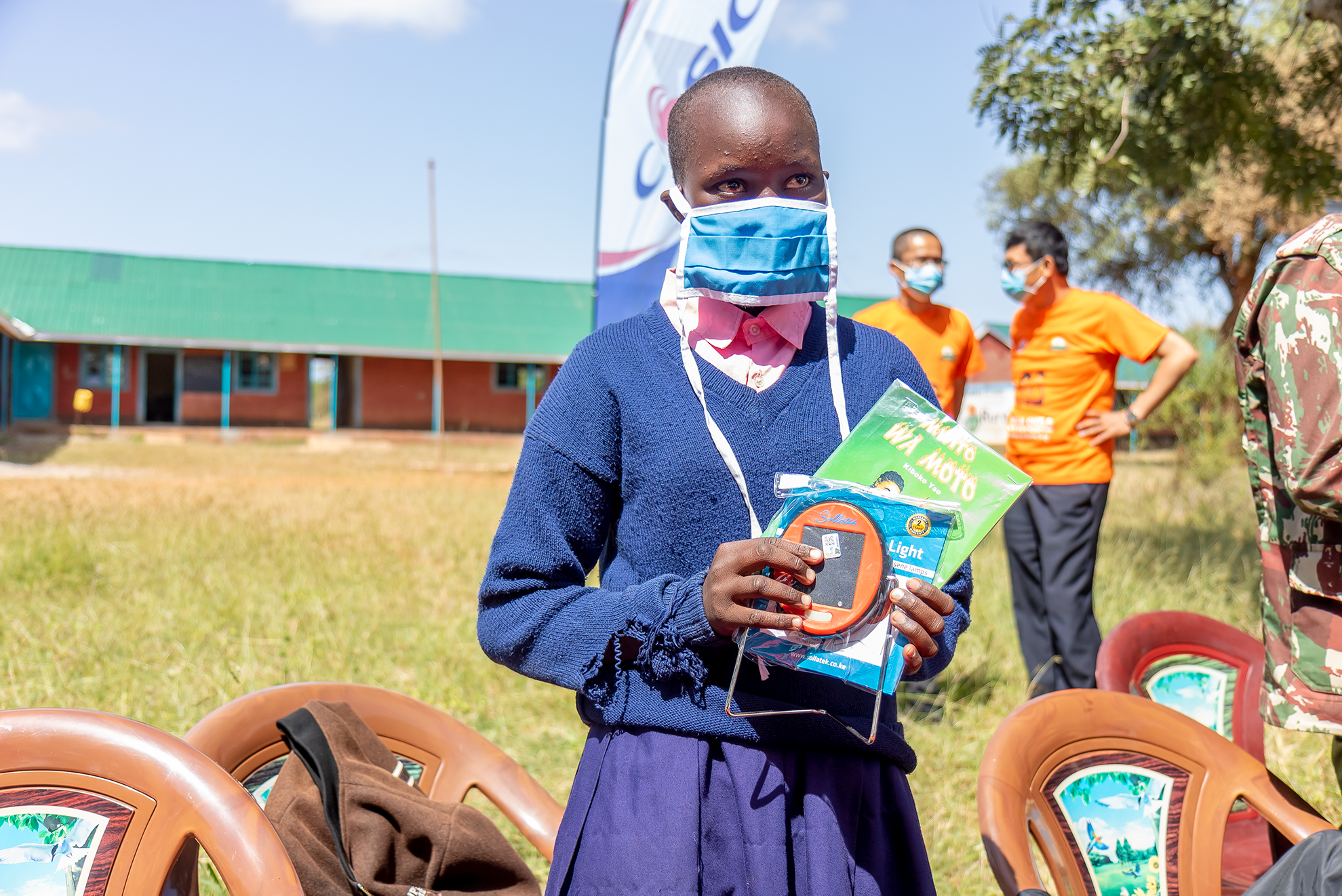

In order to bridge the gap, 3Es Experience has been able to provide solar light lanterns to three schools in Kajiado County; Entaretoi Primary School, Nembuya Primary School and Samuli Primary School to all students from grade 5 to grade 8 and also to their respective teachers.
The lanterns have helped students to be able to study after dark as well as doing their assignments on time and the teachers and parents were happy to note that there had been an improvement in their performance in the various schools. Dropping out of the girls has not been reported.
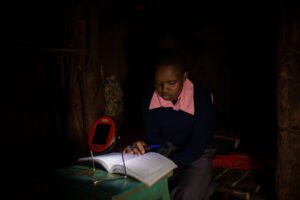
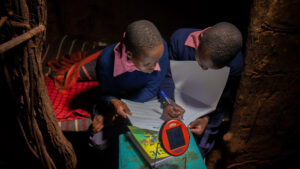
As students are more motivated to study through the easy use of solar lanterns, they are also in a position to take care of their health by avoiding studying around the dangerous fumes produced by burning kerosene and wood, as well as preserving their environment through the use of clean energy.
In 2022 we expect to take the solar light lantern project to schools in both Kilifi and Machakos Counties. We call upon interested partners to join us.
